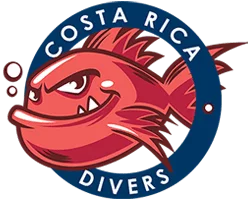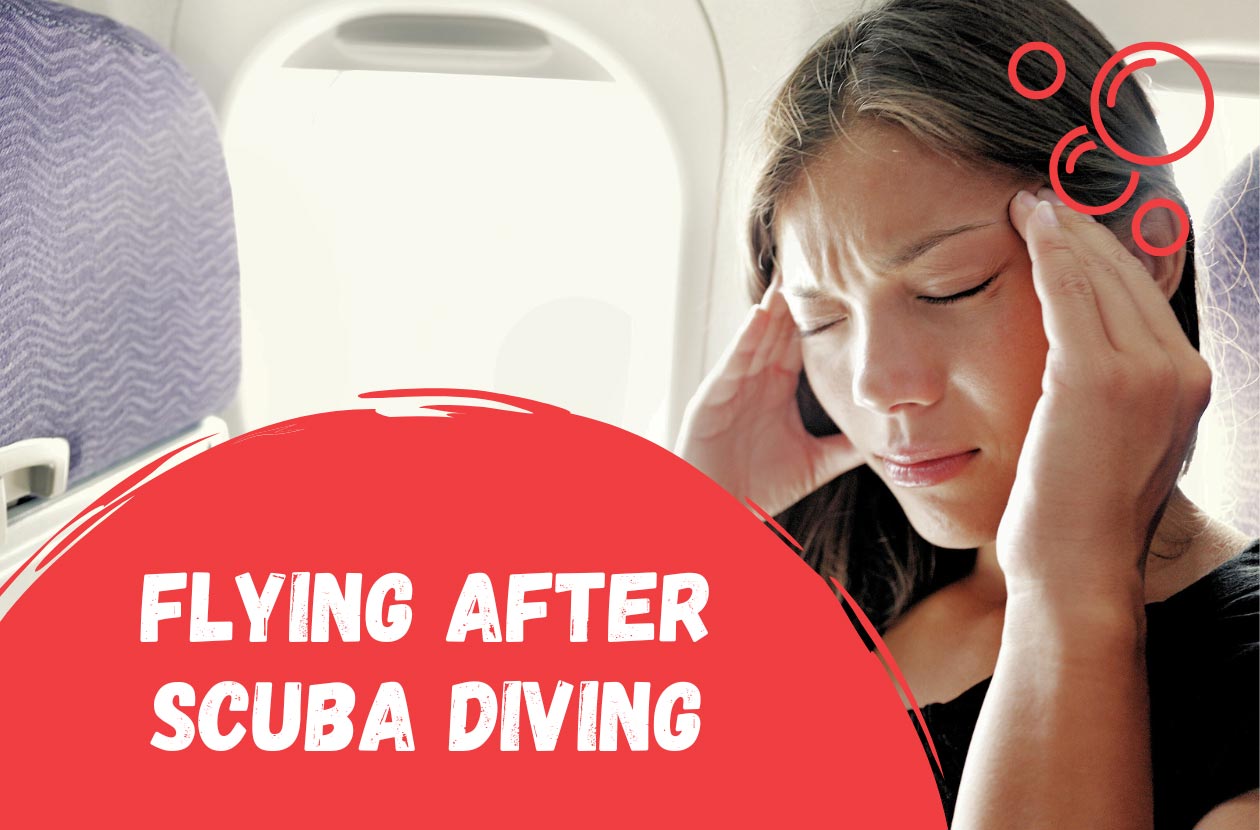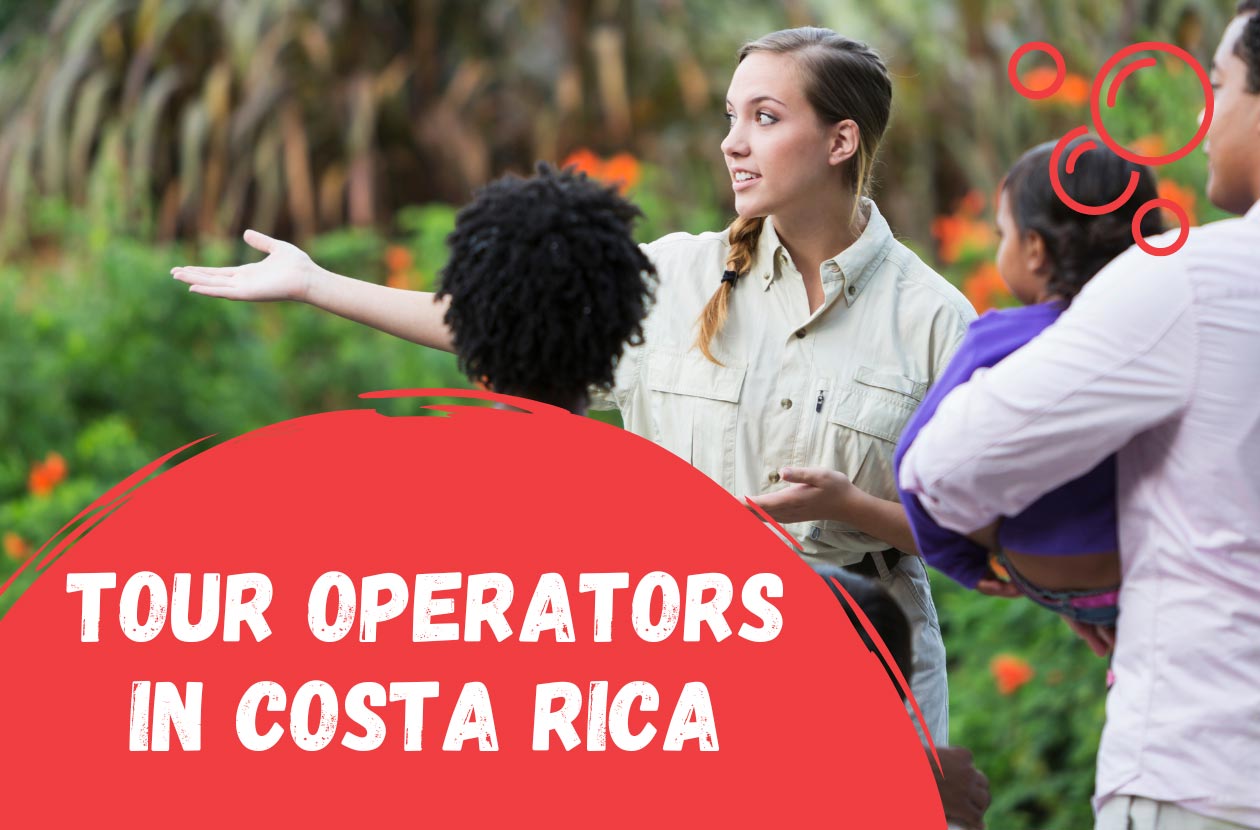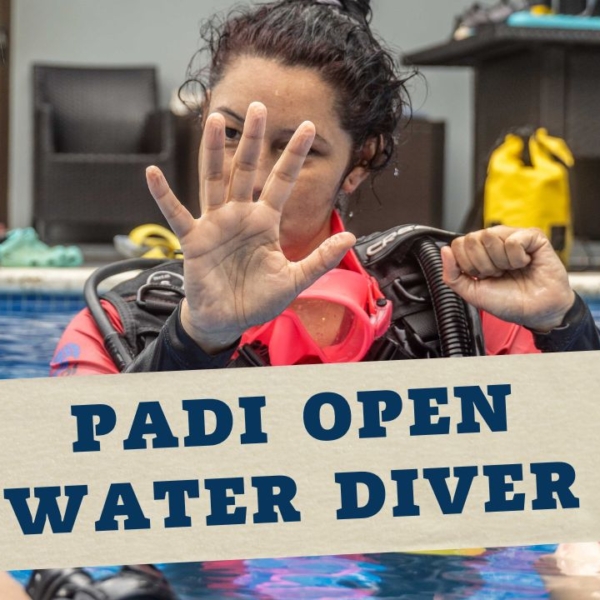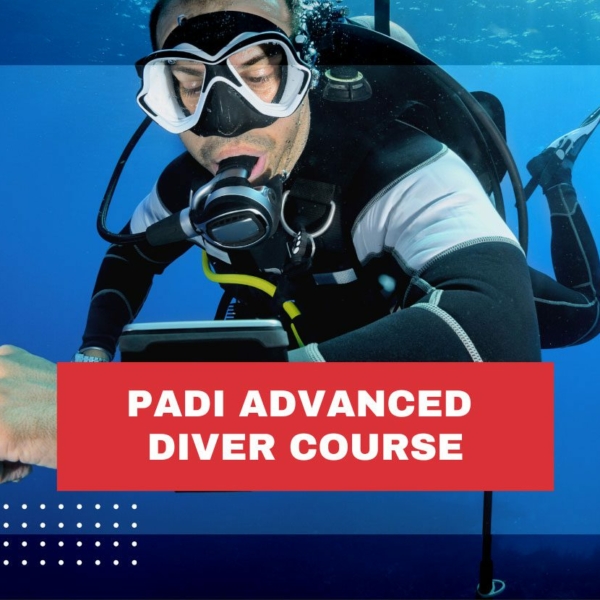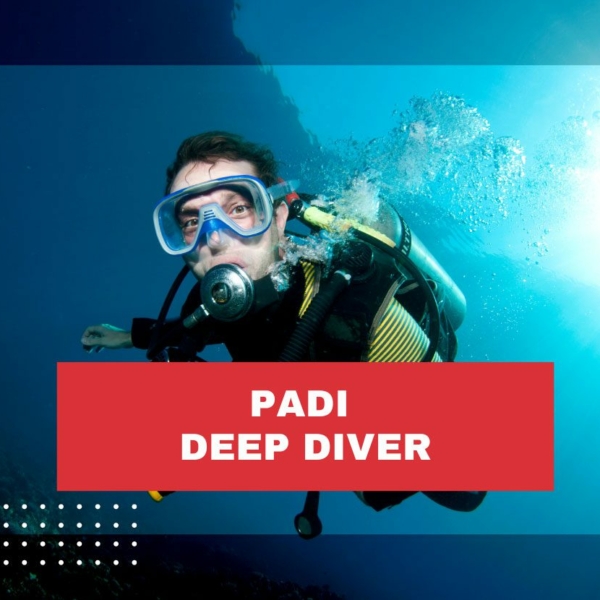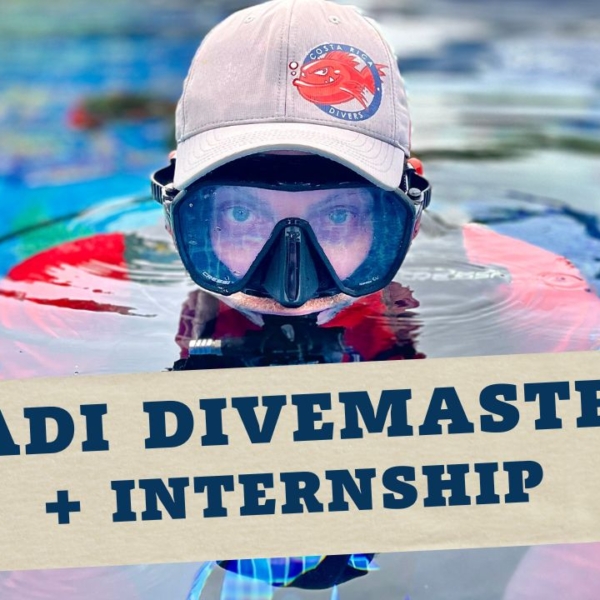So, you have decided to do the Divemaster course and start working in the diving industry. This is a serious step because training to become a underwater guide will require a lot of effort from you. We’ll talk about working in the dive industry and salaries, as well as the cons of working as an dive guide. Today I will tell you in details how to become a PADI Divemaster.
PADI Divemaster is the first professional degree in this diving federation. It means that you have left the path of recreational diving and want to start working in the diving industry and help others in their development. Is this training worth it? What are the advantages and disadvantages and what can you expect from completing a scuba guide course? I will try to answer all these questions today. Shall we?
Table of Contents
What can you find in this post?
This training is demanding and I won’t hide that from you. It depends on you how you approach this course and how good guide you will be. And this in turn will have an impact on whether you will find a job easily. This text is not meant to show you colorful advertisements in which the job of an underwater guide is presented as the best in the world. Where everybody is happy, water is always super clean and customers are satisfied. Working as a dive guide does NOT look like this.
We’ll discuss the requirements for PADI divemasters, expected earnings, whether it’s easy to find a job, and everything you need to know before making this important decision. Oh… of course there will also be information about the price of a DM course and what is needed to complete it. I will tell you about the pros and cons of this job so that you can decide at the end of this text if it is for you.
What does the PADI Divemaster degree means?
As you may already know, PADI is currently the largest organization of dive instructors. About whether it is the best or not I already wrote in this text: what is the best scuba diving organization? Read it before you want to get into a sharp argument with me about the “superiority of the Moon over the Sun”.
While the logo and name of the federation does not matter much in the case of recreational diving and all the intermediate levels, in the case of professional grades the difference is already visible. And it starts to be visible with obtaining the rank of DM. So, what does the PADI Divemaster degree means? That you belong to the elite and you should proudly shout about it everywhere and to everybody. And even tattoo the PADI logo on your forehead. Okay, let’s get back down to earth.
Each organization has an equivalent degree and you can work in either, so what is the difference? As the manager of a PADI accredited dive center, I would rather not hire someone who is not in PADI because it generates unnecessary problems. Differences in standards, inability to verify qualifications in the PADI system, etc. Why should I hire an employee with a certificate from another organization when we are in this one? It does not make sense.
Now, if you don’t believe in my words, you can check on the Internet the official statistics of how many PADI dive centers there are in the world. That’s why it’s worth doing your course in the biggest organization. Simply to have more job opportunities. So, what does the PADI Divemaster degree really means? It means that your financial investment in training and equipment has a higher rate of return. It’s as simple as that.
Requirements for PADI Divemaster
PADI Divemaster degree means that you are a good diver, you know not only how to behave underwater, but also how to take care of other divers. Or at least that is the assumption… Your job will consist mainly of guiding tours with licensed divers. So it is clear that you must have completed all previous diving courses that are listed in the PADI table. You can see it below.
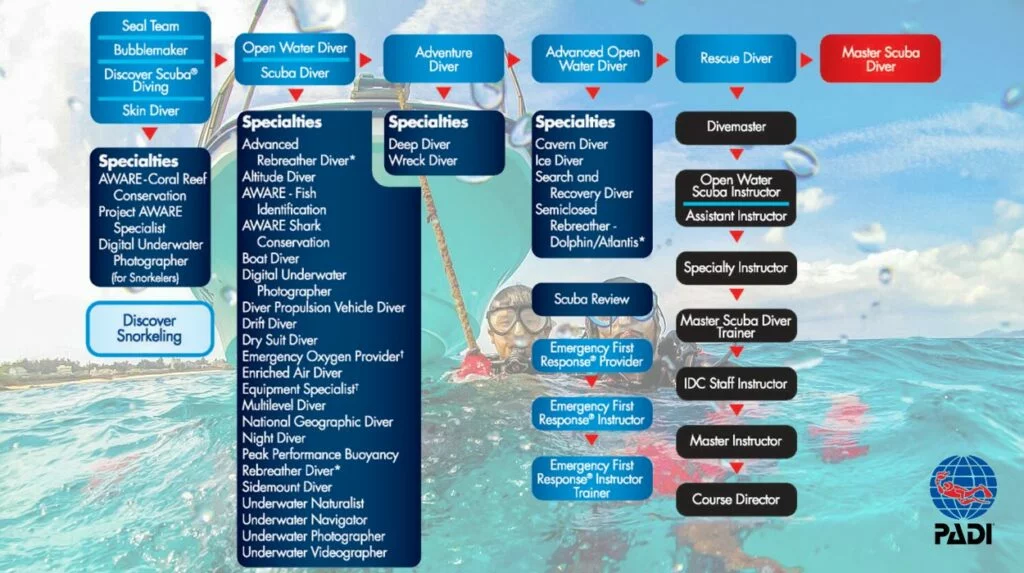
What are the requirements for a PADI divemaster? Despite appearances, there are not that many. To start a course, you need to have a minimum:
- at least 18 years old
- hold the PADI Rescue Diver license
- have a minimum of 40 logged dives
- be certified in CPR and First Aid.
- have current medical clearance to dive
As you can see, the requirements for an underwater guide course are pretty clear. In terms of logged dives, you must have 40 confirmed dives in your logbook before you can take the course. However, to complete the course you must have a minimum of 60 logged dives. But relax, during the course you will make those 20 missing dives without any problem.
How to become a PADI divemaster?
Becoming a PADI Divemaster is easy. Lol… everything seems so easy, right? You just have to pass all the mandatory elements, study and read in your free time, be earlier in the morning than others and stay after hours. Piece of cake. So, how do you get this license? You just have to want to…
Once you sign up and pay for the course, you will get access to the e-learning package and the PADI Crew Pack. This will be the first moment you realize things are getting serious. Your daydreaming about what it will be like on the divemasters course is over, and real life on the course has begun.
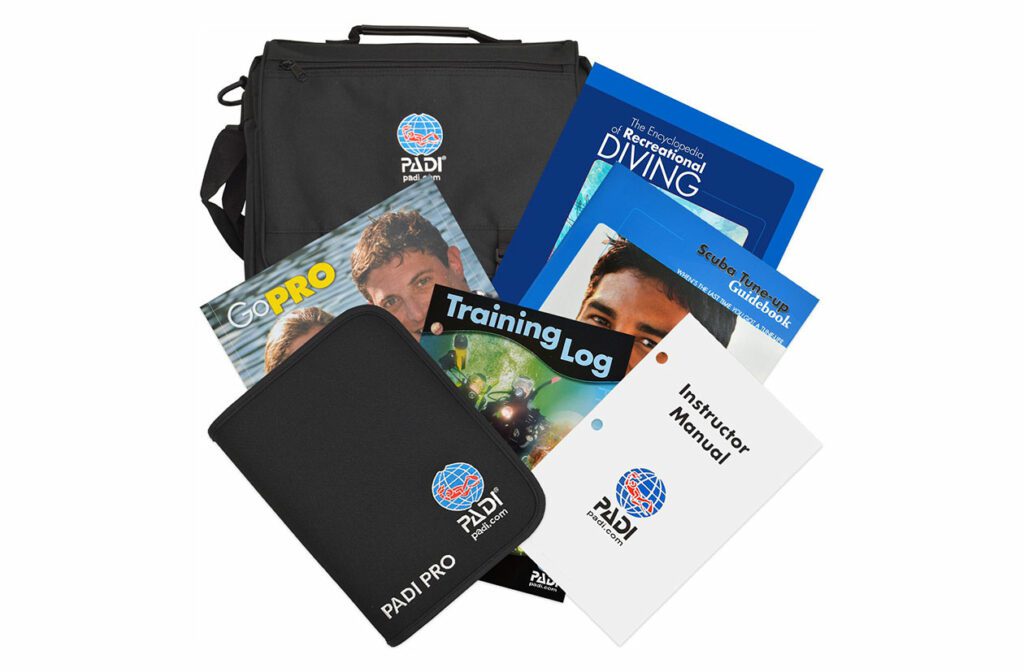
From this point on, your professional career begins, and every day and every decision you make will not escape the attention of your lead instructor. From this moment on, you are no longer “just a client” to whom we give our full attention. From this point on, you are the DMT.
Who is the DMT and what does he do?
Since you have already started your training, you have become a DMT – Divemaster In Training. Or at least I use that term. From now on, everything you will do is to make you not only a good diver, but also a good employee. First of all, you will choose a Mentor, that is an instructor who will guide you throughout the course.
Because at Costa Rica Divers we do not “produce” certificates and we care about the level of training, all DM courses are personally supervised by me, the lead instructor in CRD. So your choice of mentor is already made 🙂
As a DMT you will assist with dive courses, equipment preparation, and most importantly complete all elements of the underwater guide course. We will clarify any questions so that nothing goes unanswered.
What can I teach as a PADI Divemaster?
Ok, you have completed the course and obtained the PADI Divemaster Professional Degree. You have received an official confirmation from PADI and you have been given your personal number. This number will accompany you throughout your professional development, so you better remember it. #384513… ah… it’s just my number…
But… what can a dive guide do? Let’s clarify exactly what duties you can perform. Of course, the main job is working as a dive guide for groups of licensed divers. This is when someone comes to a dive center, shows that they are already a certified diver and wants to dive. In Costa Rica, all such dives must be led by a guide and that will be your job. But what else can a PADI DM do?
As a Divemaster you are able to:
- guide certified divers to dive sites anywhere in the world
- assist instructors in the training of students on PADI courses
- supervise training and non-training activities by planning, organizing, and directing dives
- teach the PADI Skin Diver course.
- teaching the PADI Discover Snorkelling program.
- conducting the PADI Discover Local Diving program
- conducting the PADI Scuba Review program.
How long does it take to become a Divemaster?
To this question, as an experienced instructor, I can confidently answer that…. I don’t know… The DM course is not like all previous courses. Previously you simply signed up for a course, received a schedule and that was it. After a few days you already had another license.
This course is different. First and very important – no one will chase you and remind you that you have to do something with the course. It is up to you to make sure that you complete all the formalities, collect the necessary signatures and pass the mandatory elements of the training.
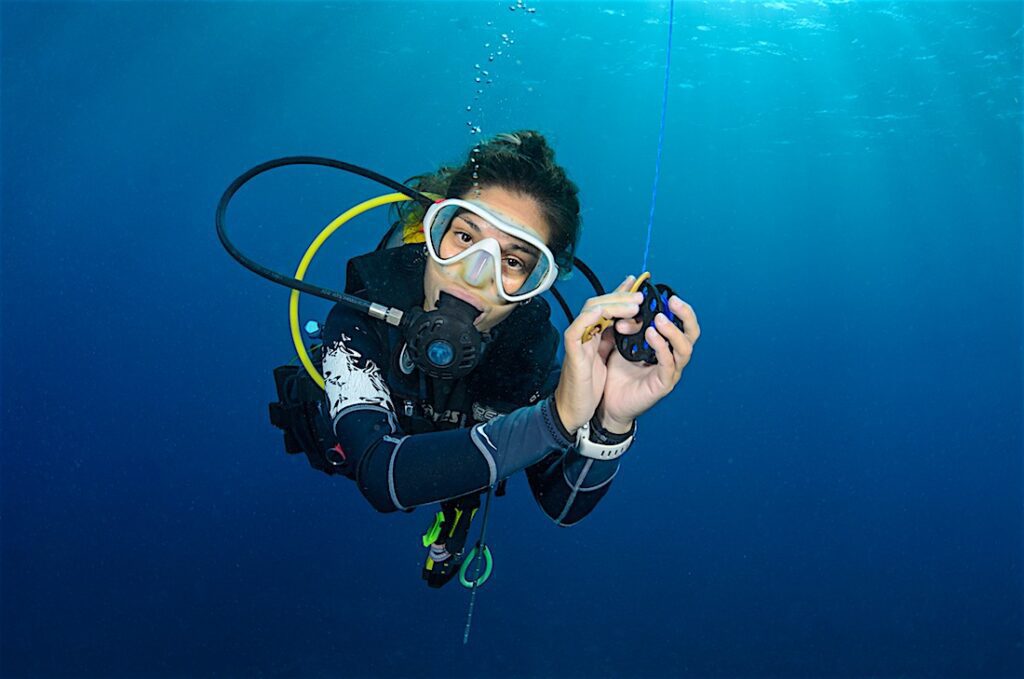
As I mentioned at the beginning, a course is an introduction to a career and you already have the opportunity to show what kind of employee you will be. If you can’t get organized and take care of everything on your own course, how are you going to gain the trust of an employer? And who do you think a future employer will ask first for feedback and references? You’re right, the instructor whose name is on your license.
In answer to the question of how long it takes to become a Divemaster, I would say that it all depends on many factors. Your attitude, dive center capabilities, season, etc. However, I think you should plan on at least two months to complete all the course requirements.
How much does it cost to become a Divemaster?
Another important issue is money and how much it costs to get a divemaster’s license. And here’s what I’m going to say is that it … depends… Well, yes, but that’s not the answer you want. You want meat and details on how much money you need to spend on your course!
So as not to bore you. At Costa Rica Divers, the “zero to hero” plan is about $6,000 – $7,000 (at the time of this writing in 2022). Zero to Hero means that you come to us not knowing what diving is, and you leave as a well-trained specialist, ready for action.
This includes all training materials, a minimum of 60 dives at various sites in Costa Rica, and personal equipment such as a compass, SMB and dive knife. And most importantly, you get a professional approach and training, not just aiming for the minimum.
But I’ve seen cheaper course prices elsewhere…
Okay… so we’ll lower the price for you. You just have to choose, what will we give up? The quality of the training? The materials? No, it doesn’t work that way… If your only selection criteria is the lowest price, then you need to look elsewhere. But, whether you come to Costa Rica or anywhere else in the world – don’t go by price, because that leads to inevitable shortcuts.
A simple example. You know what’s on the agenda for our Divemaster courses? Night diving, high altitude diving or a compressor course. Now check out what other offers includes…
How easy is it to find work as a Divemaster?
Ouch… We’re getting into slippery ground where everyone has an opinion. One will say he has so many offers he can’t even read them, and someone else will say he has nothing and is willing to work even for free to get some references for his resume.
This is absolutely true and my question is why is this happening?
You must understand that just having a Divemaster license is not enough…. This is just the beginning and a certain foundation on which you need to start building your personal brand. There are many ways on how to set yourself apart from thousands of other guides and this is also part of our course. Marketing, personal branding and tricks from years of experience. All of this, will help you be the one with too many offers. But of course you can try to look for a job, and you should do so. And how do you do that?
Remember why I mentioned that PADI is the best choice? Well, I have one more advantage. PADI offers access to a database of jobs from around the world that are available to anyone from DM upwards. You simply log into your account and browse what is available. And believe me there are many offers. Although, without an active account you won’t see the details, but you can view the current listings here: https://divejobs.padi.com
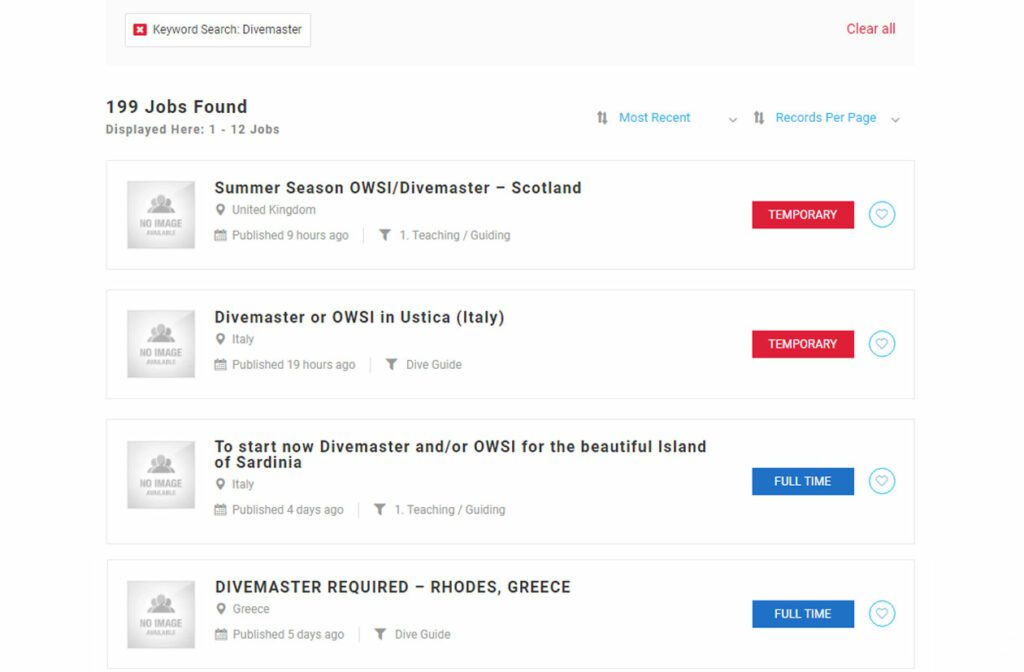
Why doesn’t any dive center want to hire me?
As a booming dive center in Costa Rica, we constantly receive many applications for guide or instructor positions. Perhaps you are one of those people who send out many applications and never receive a response. Well… let me give you a few reasons why this might be the case….
First, we always respond to all applications, even if they definitely don’t fit our profile. It’s a matter of good manners, but well… not everyone has them… Of course, I can only speak for myself and our dive center here, but I suspect most have a similar approach.
Why can’t you find a job as a divemaster?
Hiring a new employee comes at a great cost to the company. Financial costs associated with preparing documents and a contract, checking the employee’s background (yes, we do that too) or taking the time to check their skills and familiarize them with the way the company operates. All of this puts a heavy burden on the normal course and requires at least a few people to devote time to you.
We won’t invite you for an interview if (a few reasons out of many):
- you write in your application that you are looking for a job for 2-3 months and then you want to move on….
- you got your license “yesterday” and have no experience….
- you only speak one language and not the one we need (Spanish!)
- you have unrealistic expectations about work and earnings
These are just a few of the many reasons, but if this is how you approach your job search as a divemaster, don’t be surprised if you don’t get many answers. Sorry, but we run a business, not a daycare center. Remember how I mentioned building a personal brand? Come to our course and you’ll learn more….
How much do Divemasters earn?
So, we have gone through all the steps on how to become a certified tour guide, how to look for a job, now it is time to move on to earnings. From the very beginning we say that the title of PADI Divemaster is a professional degree, and this means that the question about salary is more than justified. So, how much do dive guides earn?
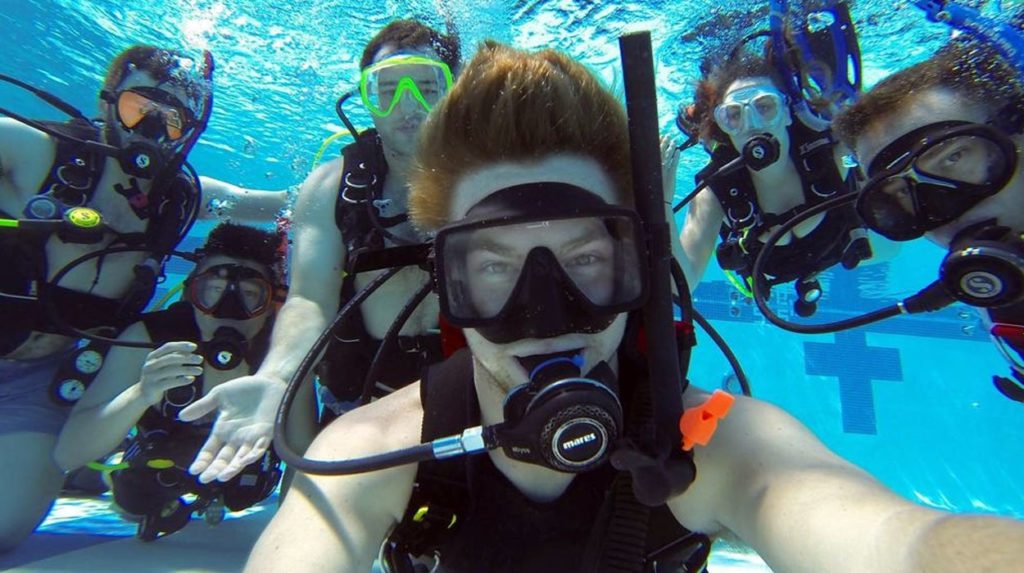
Sorry, but again I will say that it depends…. on the region of the world, competition, local prices, time of year and many other factors. Some dive centers prefer to pay by commission, some by day, and some by the entire month, regardless of the number of customers. All solutions have their pros and cons. But… you want raw meat and solid answers, not storytelling.
Time for a cold shower.
Working in a diving industry is physical work for which no special skills are needed. The job requires a fairly closed set of skills and knowledge. All of the required skills can be learned from scratch in a few months. You don’t build a space rocket or invent a cure for cancer. Don’t expect to make money like a doctor, scientist or WallStreet lawyer.
Let’s go back to the topic.
Remember how I mentioned building a personal brand? This is very important because it translates into earnings. Here at Costa Rica Divers, the right person with the right experience, capabilities will not earn less than $100 per day of work. But that doesn’t mean everyone will make that much. It’s a simple relation. Your employer must make money from your work. If he doesn’t, he can’t pay you. Simple.
Disadvantages of working as a Divemaster
As you may have already noticed in this or my other blog posts, I am not in the habit of telling bedtime stories. Although maybe I should post pictures of me here with a big smile and talk about how we’re all PADI-positive to increase course sales. But I want you to know all the pros and cons before you decide on something. In this case before you enter the world of professional diving.
This text is intended to be a complete elaboration on the subject of the Divemaster’s license, so as to leave no room for doubt. So, can the disadvantages of working as an underwater guide be omitted here ? I do not think so.
They say, do what you love and you won’t work a day in your life. Yeah… Well… I find it more fitting to say: start doing professionally what your hobby is, then you won’t have a hobby anymore. Every job has its downsides and working as a dive guide is no exception. Even if it is the most beautiful place in the world.
What are the disadvantages of such a job?
- the vast majority of job offers are illegal…. Without work permits, residency or insurance. Unfortunately, that’s the way the game is played in this industry. But in a way, it’s your fault, because there’s no way to get legal status if you only want to work for a few months.
- you are less likely to get a job than an instructor. It’s simple. An instructor can do your job and additionally do what you can’t. Hiring an instructor is more profitable.
- in many places, work is seasonal. This means you’ll have plenty of time off, but you’ll need to earn enough during the season to support yourself throughout the year.
- many jobs are in poorly developed areas. You think that living on a small tropical island is paradise on earth and a way to fulfill all your dreams. In addition, you can work as a scuba guide, and all your friends will rot with envy. Well… such places mean not only lack of comforts, but also higher prices and frequent problems with internet or electricity. And during the monsoon you are cut off from the world, which will cause shortages in stores after a few days. I know what I’m saying because I lived and worked for over two years on a small tropical island.
So does this job have drawbacks? Of course, but that doesn’t mean you should quit now. As in any profession, you can be very good at it. Once again, I remind you to build your personal brand, because just being a certified guide is not enough to expect miracles. One of the essential elements is experience. And where can you get it? For example, at an internship.
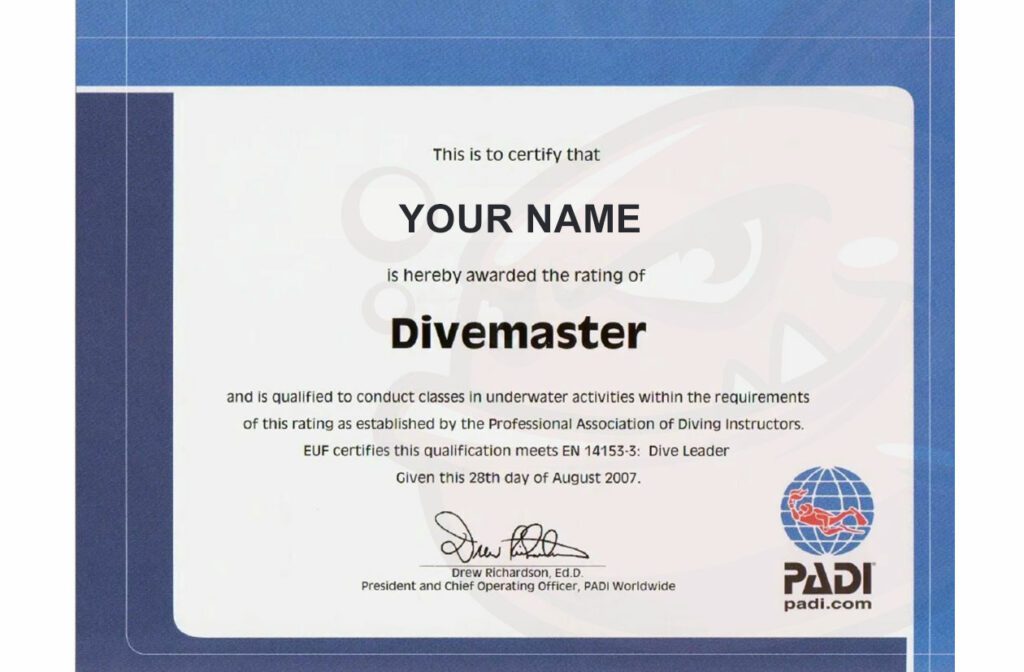
What is a Divemaster Internship?
Getting your divemaster’s license is a bit like getting your driver’s license. You get an official document that you can drive, but you have no experience. Even if someone offered you a job at the same moment and told you that you have to take a truck to bring the goods, you would probably sh*t your pants.
Same here. Hey! Here’s your license! And tomorrow you have 5 clients to dive with. Good luck. Nah… It takes some time to get experience in real life. What was in the books is important, but it’s real life that deals the cards. Where can you learn this? Well, in an internship for divemasters.
Our courses in Costa Rica also include an internship that will teach you the real work. How to operate the compressor, how to clean the equipment, and most of all how to do your job efficiently. Time is money and nobody wants to sit at the base all day and night. A good guide knows what to do and basically does not even have to say anything. He just does his job.
So when deciding on a course, look for dive centers that offer internships. Remember the reasons why we don’t hire? Imagine having two equivalent job applications in front of me. There is only one difference. One candidate has had a decent divemaster internship at a good dive center. What will my decision be?
Divemaster or a Master Scuba Diver?
The PADI Master Scuba Diver certification is often confused with the DM license. Probably because of the word “master”…
So what is a PADI Master Scuba Diver?
This certification is the highest level in recreational diving, according to the PADI development path. The Master Scuba Diver title confirms your extensive diving experience. To earn this title you must meet several additional requirements.
- hold a PADI Rescue Diver license or equivalent
- hold 5 PADI specialist diver certifications.
- have a minimum of 50 logged dives
However, this title has nothing to do with the Divemaster license, which is the first professional title.
Let’s recap – PADI Divemaster Course
You already know the requirements to become a licensed underwater guide. We’ve discussed the process, the benefits, earnings and even how you can look for a job. Overall, you just know how to become a PADI Divemaster. This is knowledge that will forever remain in your mind. But not to be just pragmatic, at the end I will tell you about the amazing benefits of this kind of work.
Just because it’s a for-profit job doesn’t mean it can’t be enjoyable. You are doing what others have to pay a lot for. And you are the one getting paid!
You start early, but you also finish early. You don’t have to sit in a hot office waiting for the clock to strike five. You do your job and leave. You get tips. You meet cool people. And most importantly, every day is different. There is no boredom here. You have opportunities for growth. You also have opportunities for professional development.
At the end of the day, working as an scuba guide is quite okay 🙂
